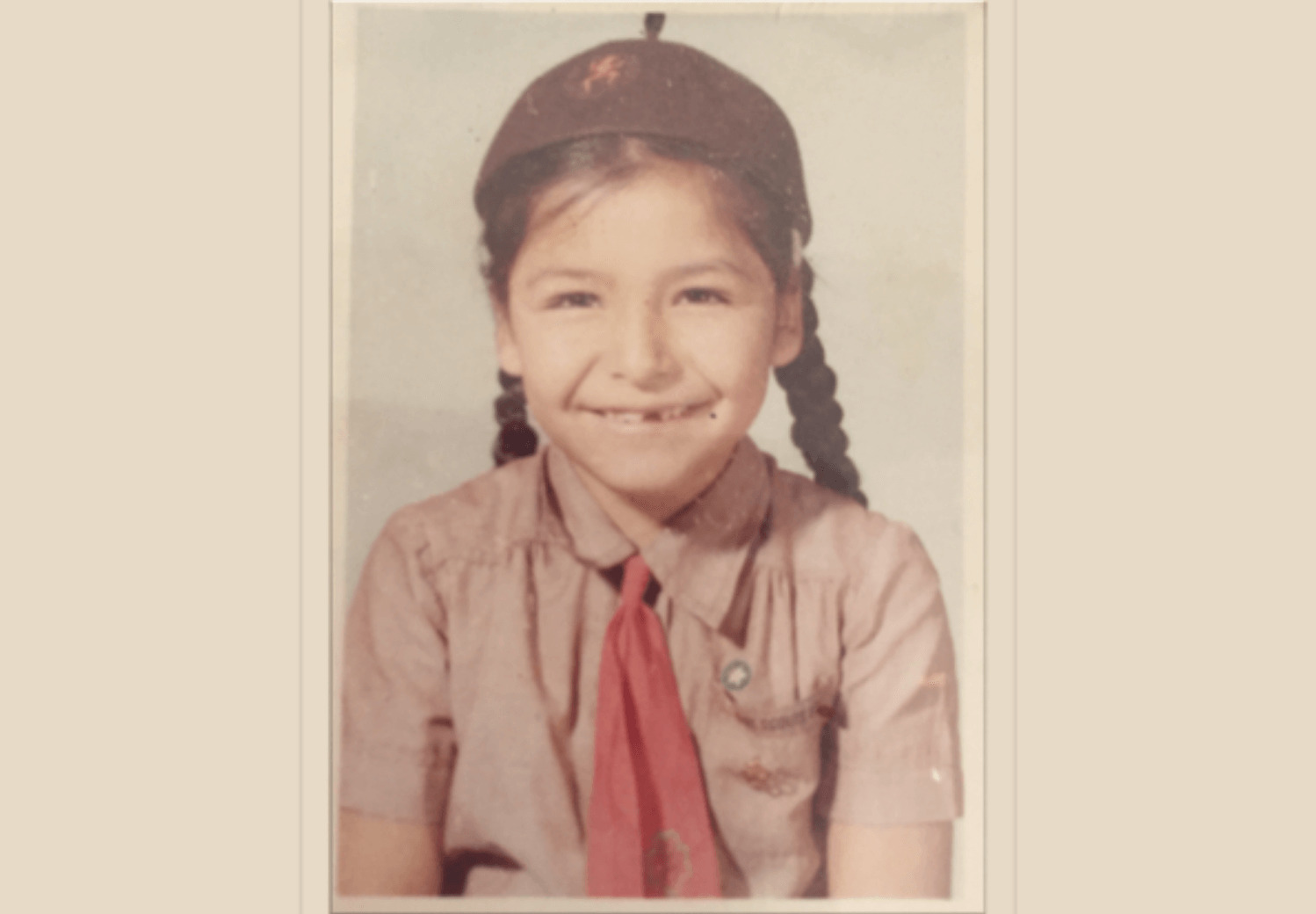A Totally Different Life
Sylvia Acevedo
01.07.20
“Had it not been for Girl Scouts, I would have had a totally different life.” Sylvia Acevedo, CEO of the Girl Scouts of the USA, reflects on the incredible impact the Girl Scouts had on her career journey, from rocket science to executive roles in tech companies. Mentors in the Girl Scouts ignited her passion for science and space and taught her the life skills to succeed.
Summary:
“Had it not been for Girl Scouts, I would have had a totally different life.” Sylvia Acevedo, CEO of the Girl Scouts of the USA, reflects on the incredible impact the Girl Scouts had on her career journey, from rocket science to executive roles in tech companies. Mentors in the Girl Scouts ignited her passion for science and space and taught her the life skills to succeed.
In conversation with Thuy Vu, Sylvia Acevedo, CEO of the Girl Scouts of the USA, reflects on the incredible impact the Girl Scouts had on her life and career, from rocket science to executive roles in tech companies. Mentors in the Girl Scouts ignited her passion for science and space and taught her the life skills to succeed.
Thuy

Sylvia Acevedo
Thuy




